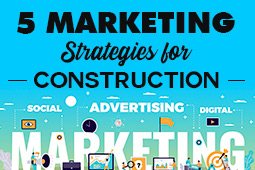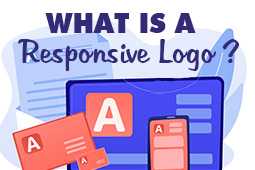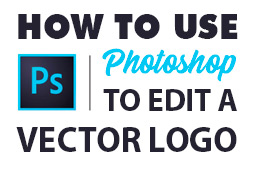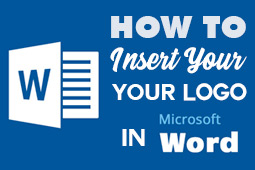Who would trust a beauty brand that looks ugly? Beauty logos carry more weight than just brand recognition — they have to entice customers with the promise of looking good. That’s nearly impossible with a logo that looks bland or uninspired.
If you’re designing a beauty logo, we’ve collected the 10 best beauty logos below. We explain what makes them so successful and discuss three expert tips you can take away when designing your own. We even show you how to design your own logo from scratch.
1. The Body Shop logo

As explained in our guide to logo shapes, circles represent completeness — even when they’re incomplete. The Body Shop knows this well with an almost-complete circle. We explain more in the tips below, but beauty brands like circles because they suggest the brand sells what the customer is missing to be complete.
But the Body Shop’s beauty logo goes beyond just a simple circle. As something that stands out, the break at the top is great for memorability and brand retention. The laurel leaf decor not only emphasizes the circular shape, but also makes the logo more aesthetically pleasing. All these elements combine to retain focus in the center, the most important part: the name of the brand.
Their colors are smart choice as well. Many beauty brands opt for a natural or organic vibe, so green is a logical choice. But the darker shade of green used by the Body Shop also insinuates adeptness and effectiveness, valuable traits in an industry with plenty of products that “don’t work.”
2. Herbal Essences logo
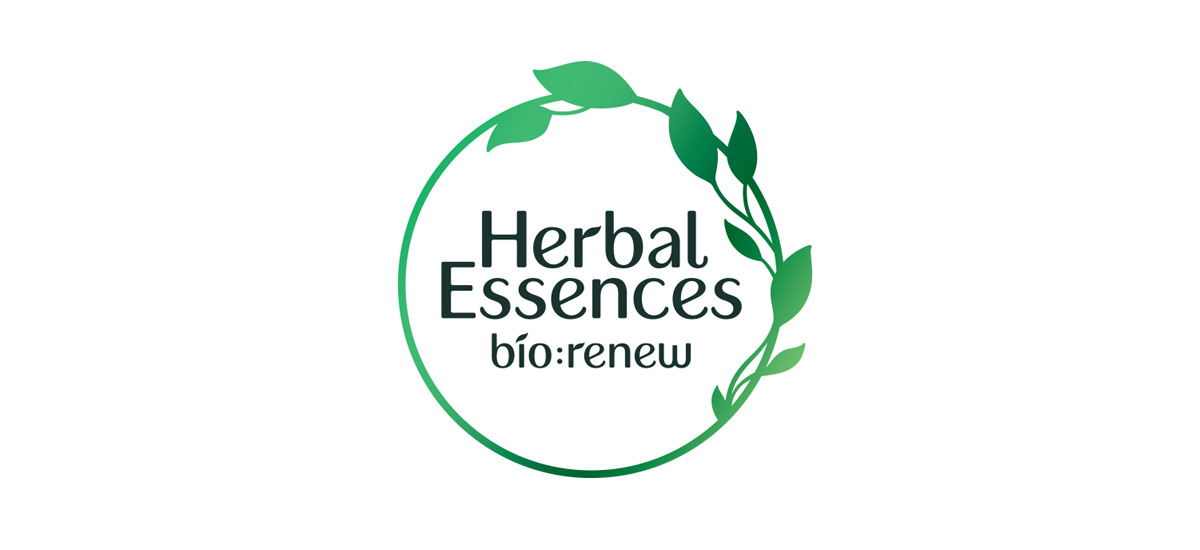
Herbal Essences follows the same school of thought as the Body Shop: the circle, the name in the center, and the darker shades of green. The big difference is that Herbal Essences hit the “natural” connotations harder — after all, “herbal” is in their name. That explains the prominent leaf decorations.
The other big difference is their typography. Herbal Essences uses a playful font with lots of curves. If you look closely, you can even see some leaf shapes in the lettering, furthering the nature associations. It’s also done in black, which makes the company seem more serious, and keeps the focus on the brand name more than the viney frame.
3. Gillette logo

Gillette takes an entirely different approach — minimal curves and lots of blocky straight lines. Those aren’t beauty logo trends, but rather unique design trends for a company that sells razors.
Gillette uses what’s called a wordmark logo: no images or mascots, just a stylized version of the brand name. The bold, straight-edged font makes them seem tough and durable, with the rectangular letters mimicking razors themselves.
The most interesting aspects of this logo are subtle. First, there’s a slant to the letters to make the entire logo seem a little more exciting (it would be a little bland if it was just straight letters) and alludes to the forward movement of shaving.
The second is the unique dot of the letter I, as if it were cut by a razor. Using a unique twist on one of the letters is a common logo design technique for standing out.
4. Pantene logo
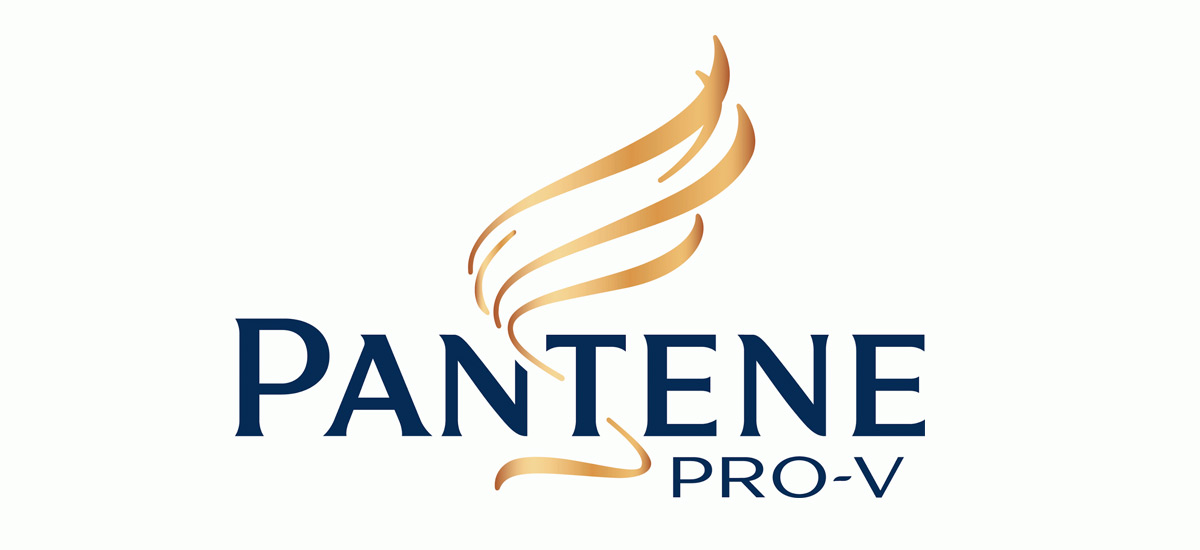
Pantene’s main logo is their name; the gold wavy lines don’t always appear with it, although they’re a great choice considering the brand sells mostly hair products. Their top-notch typography uses serifs in a way that seems classical, but not formal. This suits their brand identity because Pantene has been in the industry for a while, and they can pull off that authoritative — but still welcoming — look.
Their color scheme backs it up, as black is the color of sophistication and power (as mentioned in our guide to logo colors). Gold, too, tends to conjure up feelings of antiquity and age-old wisdom.
5. Garnier logo
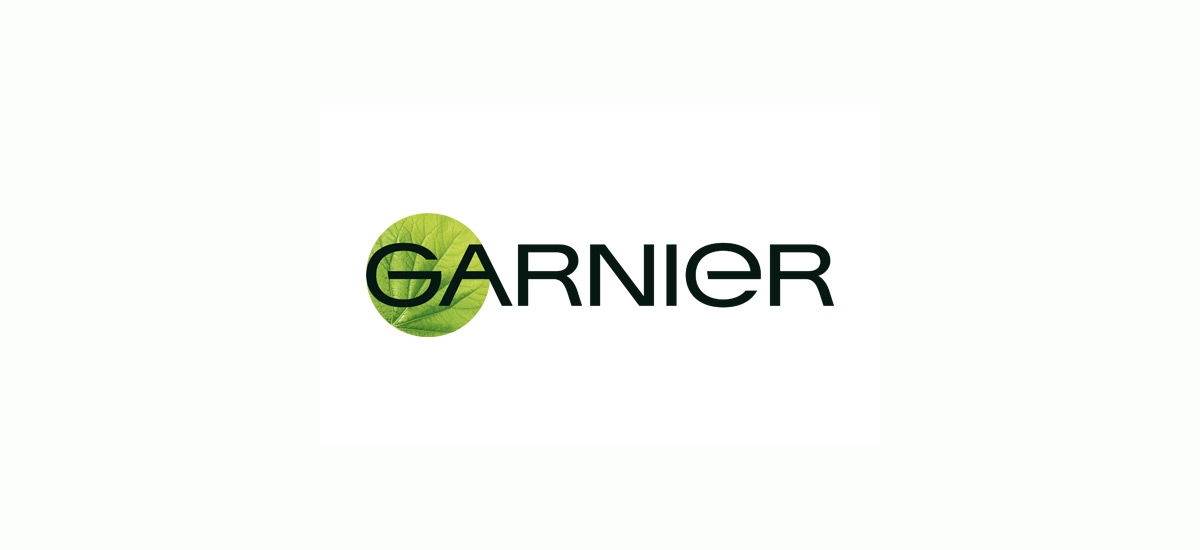
Using many of the trends we mentioned above, Garnier’s logo plays it by the book. They use a circle for completeness and go strong on the natural connotations with an actual green leaf visual. Like the Body Shop, they use a dark green to demonstrate competency, which also helps make their name easier to read over the leaf background.
They even use the trend of changing a letter slightly for brand recognition, in this case the E. Their sans-serif font also makes them seem more approachable and friendly.
6. Sunsilk
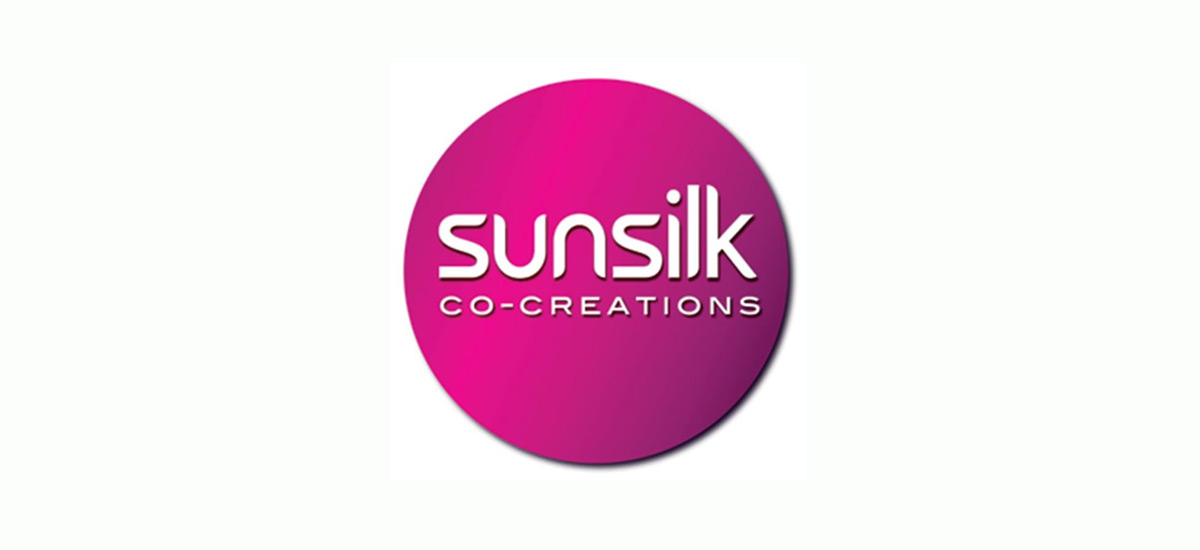
Also known as Sedal or Seda, Sunsilk uses the familiar format of a circle with their name inside. What makes it distinct are the colors and the typography. The use of a radiant pink makes it seem predominantly feminine, matching their target customers, although the color can change depending on the product.
The typography is one of this beauty logo’s best assets, which is why it remains the same on all Sunsilk products. It’s quirky and playful, with the alternating edges of rounded points or angular corners — the kind of originality that gets remembered by satisfied customers.
7. La Roche-Posay
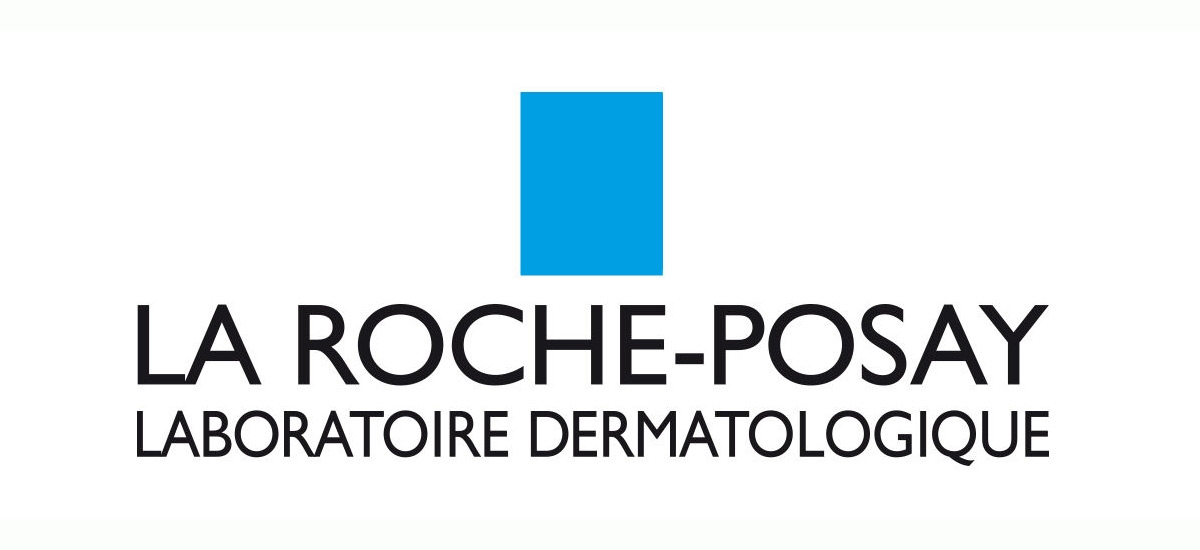
Although it’s a beauty brand, the logo for La Roche-Posay follows the same design techniques of the best health logos. That’s no accident — part of their brand identity is understanding the science behind beauty products, hence the name “laboratory.” Using the same logo design trends as health brands emphasizes that science-based approach.
Specifically, La Roche-Posay uses the color blue (a favorite of both health and tech logos) instead of green, and favors rectangles instead of circles. Although these make the brand seem less friendly than other beauty brands, they appeal more to like-minded customers who prefer a science-based approach to beauty products.
8. Head & Shoulders logo
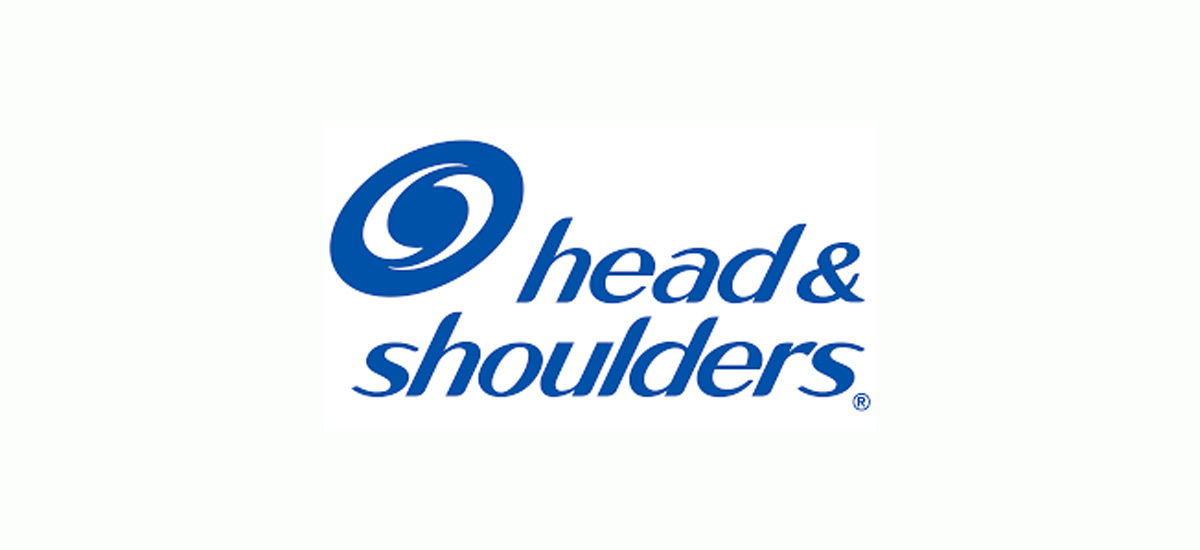
As a brand specializing in dandruff, Head & Shoulders combines of beauty trends and medical/health trends, just like La Roche-Posay. You can see this fusion in their logo: circular shapes to show completeness from beauty logo trends, but with a dominant blue color from health logo trends.
There’s a lot going on to spice up this logo: the circles inside the main circle reminiscent of a yin-yang, the casual typography that ignores capitals, and the slant on everything (even the circles). All these add up to make the beauty logo of Head & Shoulders more dynamic and adventurous, even if it mostly plays by the rules.
9. L’Oréal logo
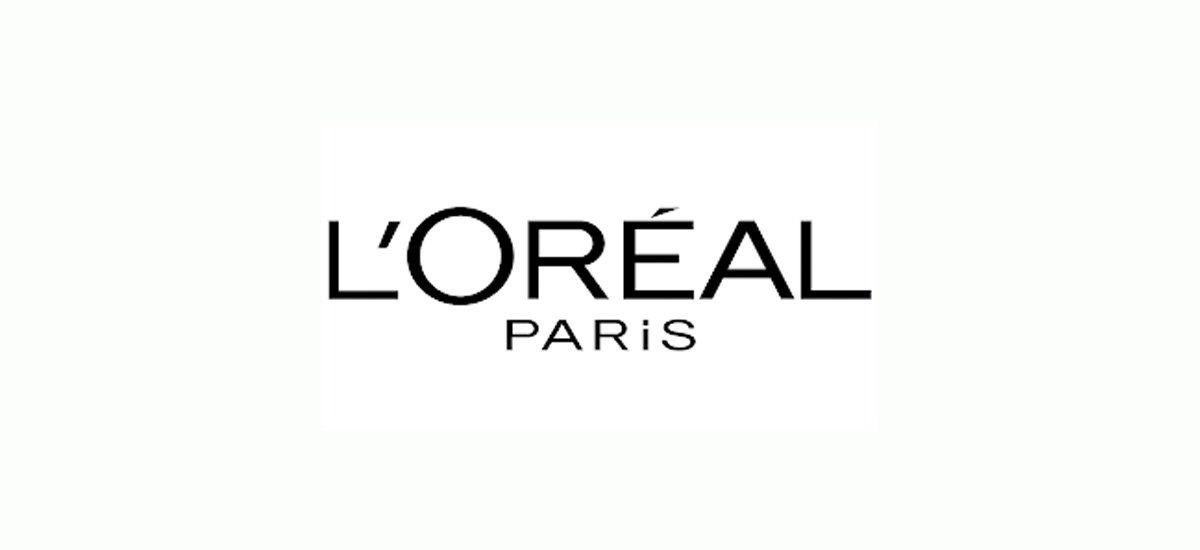
Like Pantene, L’Oréal chooses a wordmark logo. Having been in the industry for over a hundred years, they can draw on their name recognition alone to fuel their brand. With that in mind, using a wordmark logo puts more emphasis on their name, which as a long-established brand is their main selling point.
The key is how to make a wordmark logo still look interesting without other visuals. For L’Oréal, the trick was to make the O bigger than the other letters. This slight modification doesn’t go unnoticed, considering there’s not much to look at in the logo, and helps customers identify the brand amid more visual logos.
10. Dove logo
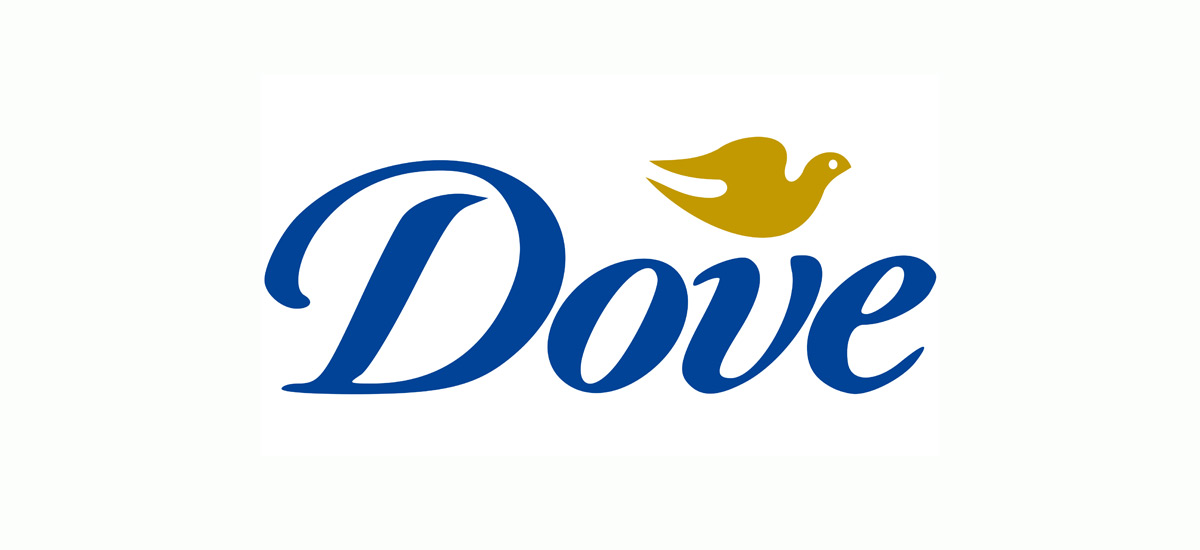
Finally, we end with the timeless beauty logo of Dove. First, there’s the typography, which makes it easily recognizable when shopping. It’s a very distinct and original font, with an artistic handwritten style. Notice how circular the D is, and with the break at the top, it “pulls” the viewer’s eye into the rest of the logo.
Second, there’s the mascot of the dove. For starters, it’s just an abstract shape — no distracting details like eyes or feathers. Just like the typography, the shape itself uses generous curves, which have a calming and friendly effect. These curves are punctuated with several sharp points, though, keeping this beauty logo from getting too boring.
3 Tips for Designing a Beauty Logo
What can we learn from the best beauty logo designs above? Here’s three practical takeaway tips for designing a beauty logo of your own.
1. Circles to Symbolize Completeness
Beauty products in general are meant as aids for a person’s appearance, making up for any deficiencies, whether real or imagery. In a way they “complete” your looks the way shoes might complete an outfit. That’s why so many beauty brands use circles: to lean into that sense of completeness.
But there’s more to it than that. Circles are also a very inviting shape — because there’s no end, they draw the viewer in for as long as they like. They’re useful for any brand that benefits from friendliness, but work especially well in the beauty industry, which sells products that make people happy or excited.
Blues and Greens
Of all the approaches to branding for the beauty industry, two in particular stand out. First are brands that want to appear natural or organic, usually if they use all-natural ingredients, or maybe just have natural-themed scents. For those brands, green is the clear choice: green is the color most associated with nature, so it’s an obvious cue to customers looking for natural products.
The second approach is more clinical, a science-based beauty brand. Rather than using natural ingredients, these brands encourage using (safe) chemical blends inspired from science or technology. The idea is that, For these brands, blue works best; blue is the color of both serenity and trust, which counteract people’s suspicions of new science. That’s why blue is also a common logo design trend among the best tech logos.
Typography is Crucial
The beauty industry is highly competitive, with no shortage of brands. That’s why your company name is crucial — if customers don’t remember your name, it’ll get lost in a sea of competitors.
While the actual naming of your brand is key, using poignant typography in your beauty logo can help immensely. Not only can typography influence how people perceive your brand — like Pantene’s classical look or Herbal Essences’s whimsical look — but also they can enhance memorability. Try to find the font and style that best matches your brand identity: if you’re not familiar with typography, you can check out our guide to logo fonts.
How to Design a Beauty Logo
Now that you have an idea of what goes into an effective beauty logo, the question is, how do you make one? Essentially you have two options: hire someone to design it for you or design it yourself. Both have their own merits and drawbacks, so let’s examine both individually.
Hiring a Designer
Professional designers know by heart all the tips, tricks, and techniques we’ve mentioned above, and then some. When you hire a designer, freelance or from an agency, you’re buying their expertise just as much as their time.
The problem is, no skilled designer works for free. The most glaring downside of hiring a designer is the cost — talented designers charge hundreds or even thousands of dollars for logo design.
Sometimes you can find cheaper alternatives on sites like Fiverr, but those sites have a poor record for delivering what they promised, and there’s tons of ex-Fiverr users who felt they were ripped off. The industry standard for a logo design is around $200, so if someone charges $5, you’re right to be suspicious.
Moreover, even if you have the money to spare, it can be difficult to find the right designer for you. Graphic design is a creative field, so there are innumerable artistic styles to choose from. You have to be sure to find a designer who both understands your vision and is capable of bringing it to life, but that can take time.
Design a Logo Yourself
If you don’t have spare cash in your budget for a logo, don’t despair. While in the past you may have had limited options, nowadays technology has advanced so that virtually anyone can design their own logo using an online logo design tool like logogenie.
In our digital era, design software is less about the technical skill of your hands and more about your creative ideas. You don’t need to master your brush strokes or pencil shading — you don’t even need steady hands. With digital logo makers, all you need is an idea.
Logogenie, and other online design tools, use templates to make design fast and easy, even for first timers. First, you select your industry from the dropdown menu.
We’ve categorized our templates by the needs and demands of the top industries, so finding yours is the first step. Our algorithm will then generate the top choices for your industry.
Simply choose the one you like and start editing. You can customize each template however you want, personalizing your choices for:
Main images
Company name and slogan
Font and typography
Color schemes
Text and picture sizes
Text and picture placement
Adding new icons
Layering (putting some images behind or in front of others)
You can choose from our internal library of over 200 icons. A quick glance shows that there are plenty of the intellectual imagery we mentioned above, including trees with rainbow leaves, shield crests, books, graduation caps, and more.
If you want to use more advanced techniques, we wrote a quick beginner’s guide to using Logogenie. This explains all the nuances of the Logogenie interface, including how to edit individual aspects of the base image, change certain colors but not other, and perfecting your typography.
Using a DIY logo maker like logogenie, you can create a professional-tier logo in just minutes. When you’re done, you can buy all permissions and commercial licensing for $24.90, which grants you your logo forever.
While the template-style of design works well for first-timers, you’ll get better results if you bone up on some graphic design basics beforehand. Keep reading our blog for special design tips, straight from expert designers.


